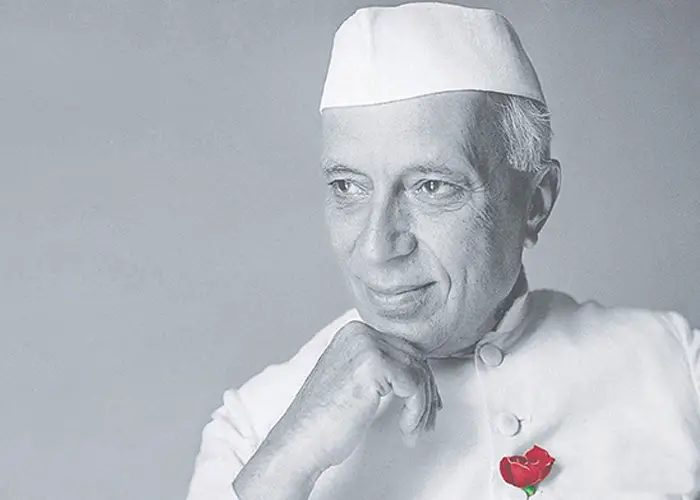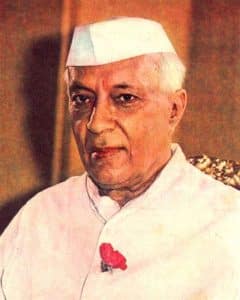Biography
Jawaharlal Nehru: Biography, Quick Facts, and Major Achievements

Jawaharlal Nehru was born on November 14, 1889 in Allahabad, India. He was a prominent leader of the Indian independence movement and served as India’s first Prime Minister from 1947 until his death in 1964.
He was born into a wealthy family and was educated in England at Harrow School and Trinity College, Cambridge. He was a member of the Indian National Congress party and worked closely with Mahatma Gandhi to achieve India’s independence from British rule.
Jawaharlal Nehru Age, Marriage, Career Net worth And More.

Some of his major accomplishments include fighting against indentured labor and labor and civil rights abuses in India, being a prominent member of India’s Nationalist movement that wanted self-rule immediately, campaigning for unity and dialogue between the Hindus and Muslims, participating fully in the activities of the non-cooperation movement, being elected president of the Indian National Congress, drafting a 5-year plan that brought all large-scale industries under government control while allowing the private sector to run small-scale industries, encouraging cottage industries, and being a key leader of the Indian National Congress and the independence movement.
Jawaharlal Nehru was a principal leader of the Indian nationalist movement in the 1930s and 1940s. He was elected as a president of the congress for the time at a very early age. He used this platform to popularize the agenda of “Poorna Swaraj”. In October 1940, Gandhi decided to launch a limited civil disobedience campaign in which leading advocates of Indian independence were selected to participate one by one. Nehru, the second of those leaders, was arrested and sentenced to four years’ imprisonment. Upon India’s independence in 1947, he became the first Prime Minister of India, serving for 16 years. Nehru promoted parliamentary democracy, secularism, and science and technology during the 1950s, powerfully influencing India’s arc as a modern nation.





